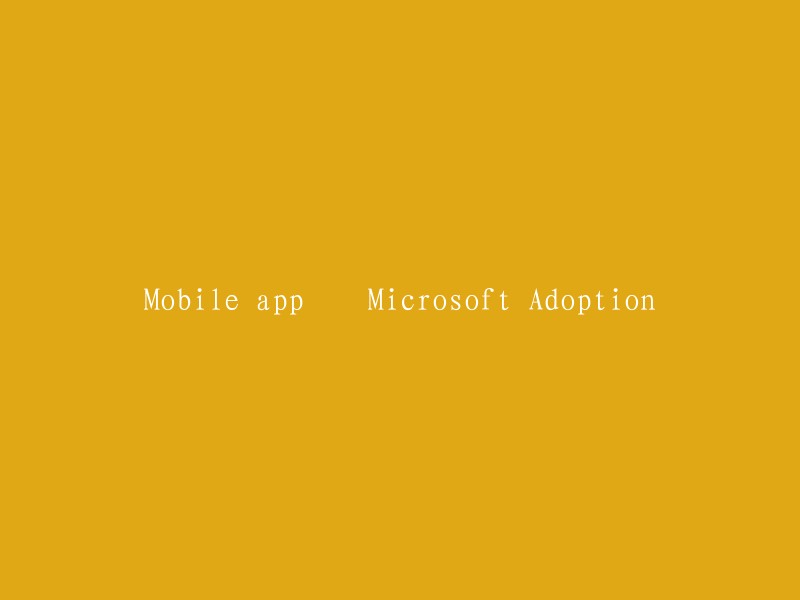Mobile technology has become an integral part of our daily lives, from the mobile phones we use to communicate with others, to the various mobile applications we rely on for work and entertainment. This trend is only set to continue as mobile personal devices become more prevalent and advanced.
One of the most common uses of mobile in a sentence is as an adjective to describe something related to mobile technology. For example, "consumers continue to embrace mobile personal devices" or "He had a mobile, expressive, animated face." In these cases, mobile is used to describe the characteristics of the object being described or the person being referred to.
Another use of mobile is as a noun to refer to a device that allows users to make calls and send text messages without having to hold a phone. This term was first used in the 1980s and has since become widely accepted. Mobile phones have also evolved to include features such as cameras, internet browsing capabilities, and social media integration.
In addition, mobile can be used as an adjective to describe something that is easy to move from one place to another. For example, "A specially equipped car makes a handicapped person more mobile." Here, mobile is used to describe the increased mobility that the car provides for the individual.
Finally, mobile can be used as an adjective followed by a preposition + noun combination to describe something that is constantly changing or evolving. For example, "The mobile liquid passes into a compact rigid solid." In this case, mobile is used to describe the fluid's ability to change shape as it moves through its final state.
In conclusion, the use of mobile in a sentence can vary greatly depending on the context and intended meaning. Whether used as an adjective or noun, or with a preposition + noun combination, mobile technology continues to play an important role in our daily lives.






